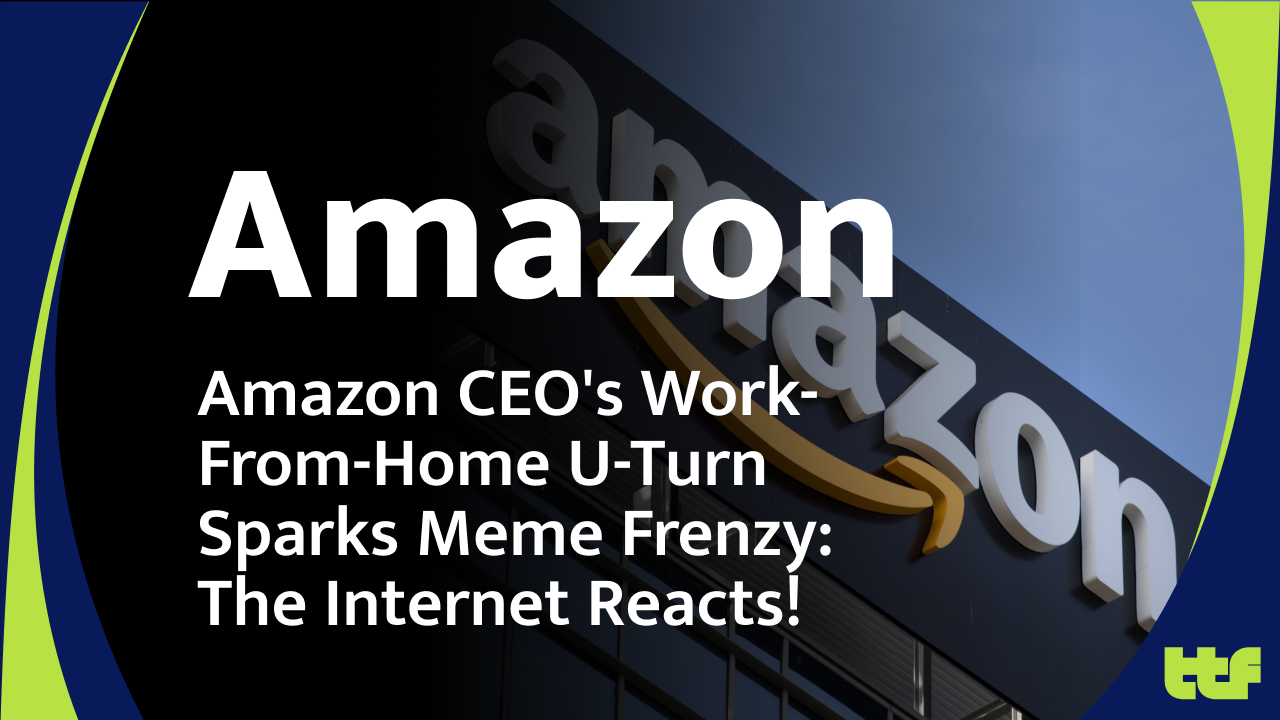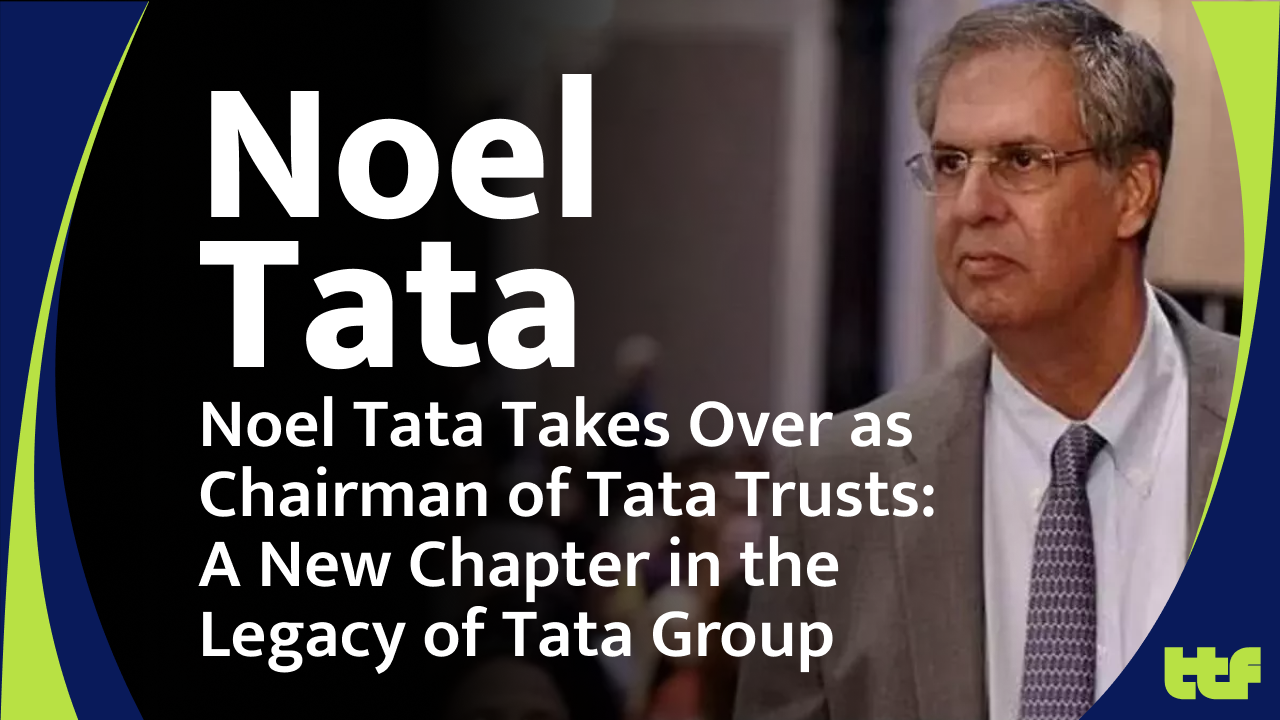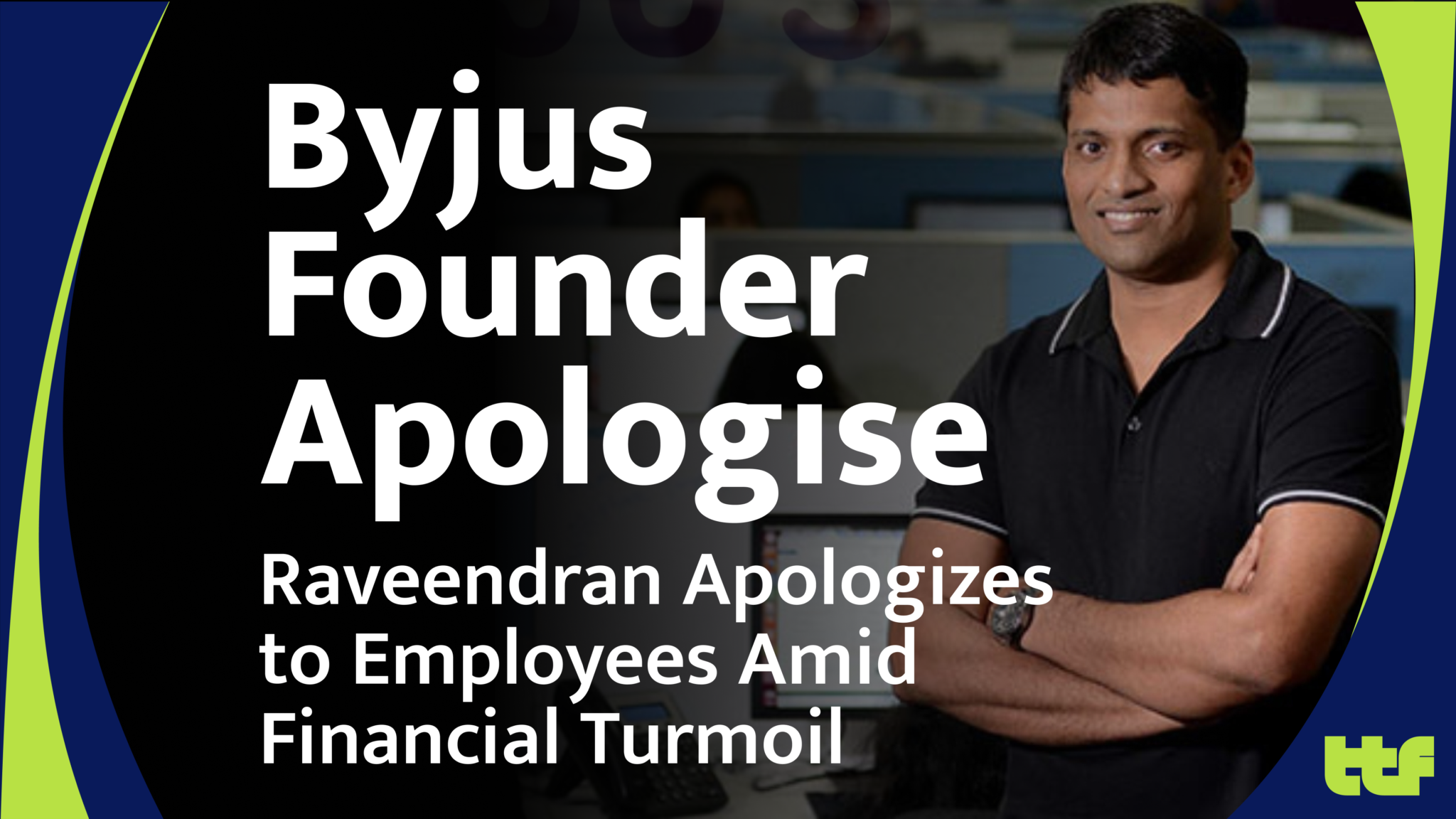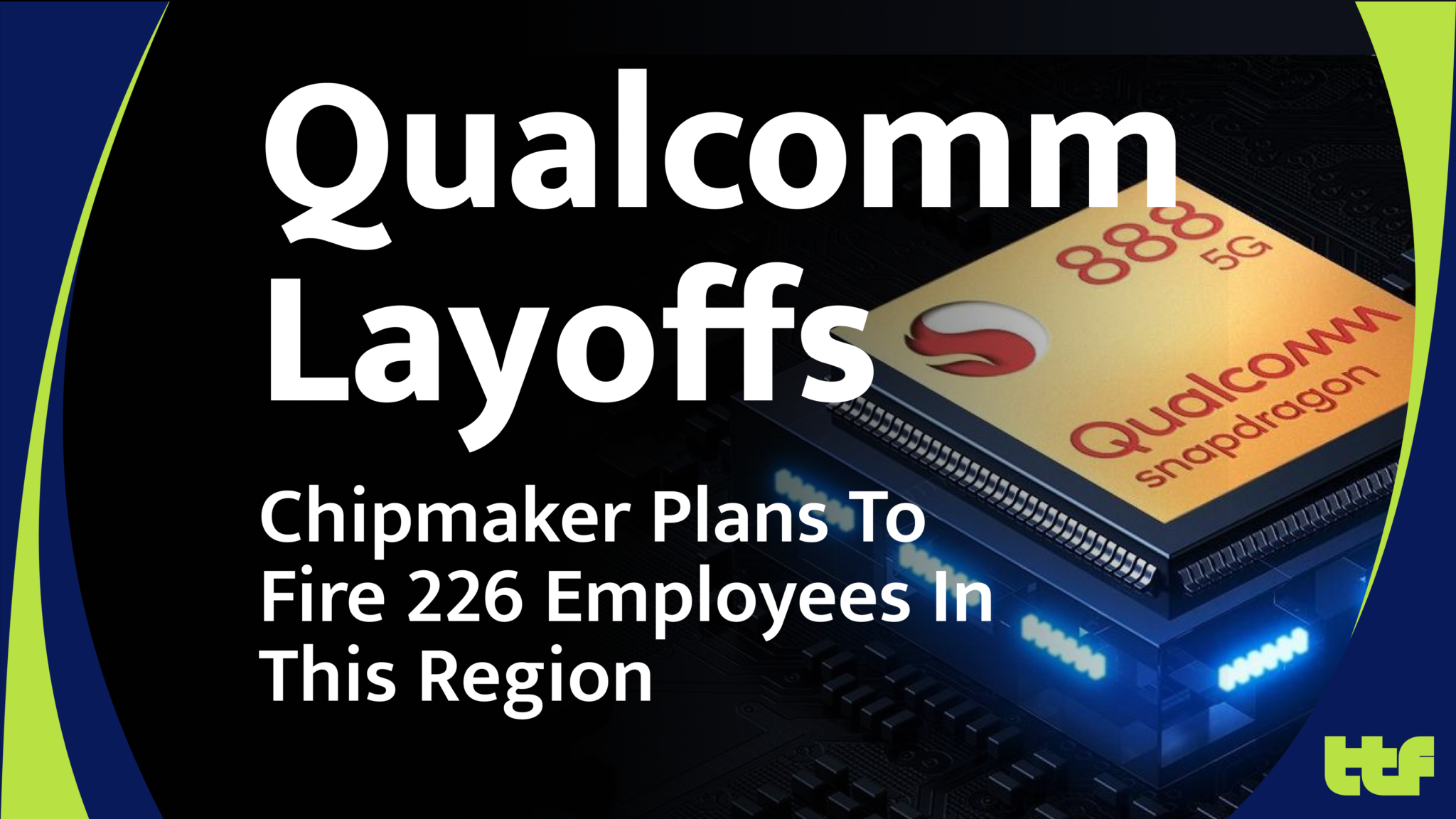Amazon CEO Andy Jassy Ends Work-From-Home Policy, Social Media Floods With Memes
In a world where the balance between remote work and office life is fiercely debated, Amazon CEO Andy Jassy has fueled the discussion by mandating a return to the office five days a week. The announcement has generated a whirlwind of opinions, particularly on social media platforms like X (formerly Twitter), where employees expressed their frustration with memes and witty comments, highlighting their concerns over the shift away from flexible working conditions.
The Return-to-Office Memo
Andy Jassy’s decision comes after Amazon previously required employees to work from the office at least three days a week. According to Jassy, the company has observed improvements in “innovation, collaboration, and connectivity” during the hybrid work arrangement, prompting the push for a full return to the office. He expressed that these office-based interactions fostered stronger teamwork, increased creativity, and a better alignment with Amazon’s corporate culture.
Jassy’s statement emphasized:
“We’ve observed that it’s easier for our teammates to learn, model, practice, and strengthen our culture; collaborating, brainstorming, and inventing are simpler and more effective; teaching and learning from one another are more seamless; and, teams tend to be better connected to one another.”
While Jassy paints a picture of enhanced productivity and collaboration, the reaction on social media tells a different story.

Amazon telling employees to return to the office 5 days a week lol pic.twitter.com/T6xL2tvRnq
— MoneyBaggMyMy (@InfoSecQueen) September 16, 2024
Employee Backlash: The Memes Say It All
Shortly after the memo hit inboxes, X and other social media platforms were inundated with memes and sharp commentary. Employees, many of whom have grown accustomed to the flexibility of remote work, were quick to voice their concerns through humor. Memes reflecting their displeasure with the return-to-office mandate ranged from jokes about long commutes and increased expenses to deeper frustrations about the deterioration of work-life balance.
Memes aside, the deeper discussion centers on the contrasting views between executives and employees on the future of work. Entrepreneurs and business leaders have largely welcomed the move, seeing it as a necessary step to reignite corporate culture and improve collaboration. However, for many employees, the change represents an erosion of the work-life balance they had cultivated during the pandemic.
Why is everyone freaking out about Amazon’s full time RTO policy?
— The Random Recruiter (@randomrecruiter) September 16, 2024
You mean to tell me you wouldn’t want to spend 5 days/week under fluorescent lighting and no sense of time?
Some of you don’t want it bad enough. pic.twitter.com/OHEb5be2OQ
What Is the General Consensus?
As Jassy’s policy unfolds, it’s clear that Amazon isn’t the only company considering a shift back to pre-pandemic work structures. Many entrepreneurs believe that once one major corporation makes the move, others will soon follow, potentially marking a larger industry trend. For Amazon employees, the concern is whether they can adapt to this new work environment or if they’ll be forced to look for employment at companies that offer more flexibility.
A substantial number of employees have taken to calling this new policy a “stealth layoff” or “silent layoff,” implying that it will push employees who value remote work to quit voluntarily, reducing headcount without the need for formal layoffs.
Amazon has told its office workers they may no longer work from home except in extenuating circumstanceshttps://t.co/OpeHV9ywau
— Peter Stefanovic (@PeterStefanovi2) September 17, 2024
Balancing Innovation and Employee Well-being
Jassy’s memo underscored Amazon’s desire for increased innovation through in-person interaction, but employees argue that remote work doesn’t necessarily inhibit creativity or productivity. In fact, many workers report that they are more productive and maintain a better work-life balance while working from home, avoiding long commutes and reducing the stress of office life.
The question remains whether this policy change will boost innovation as Jassy hopes, or if it will alienate a workforce that has grown accustomed to flexibility and autonomy. For many professionals, this policy could serve as the tipping point, leading them to seek out companies that offer a more modern approach to work-life integration.






